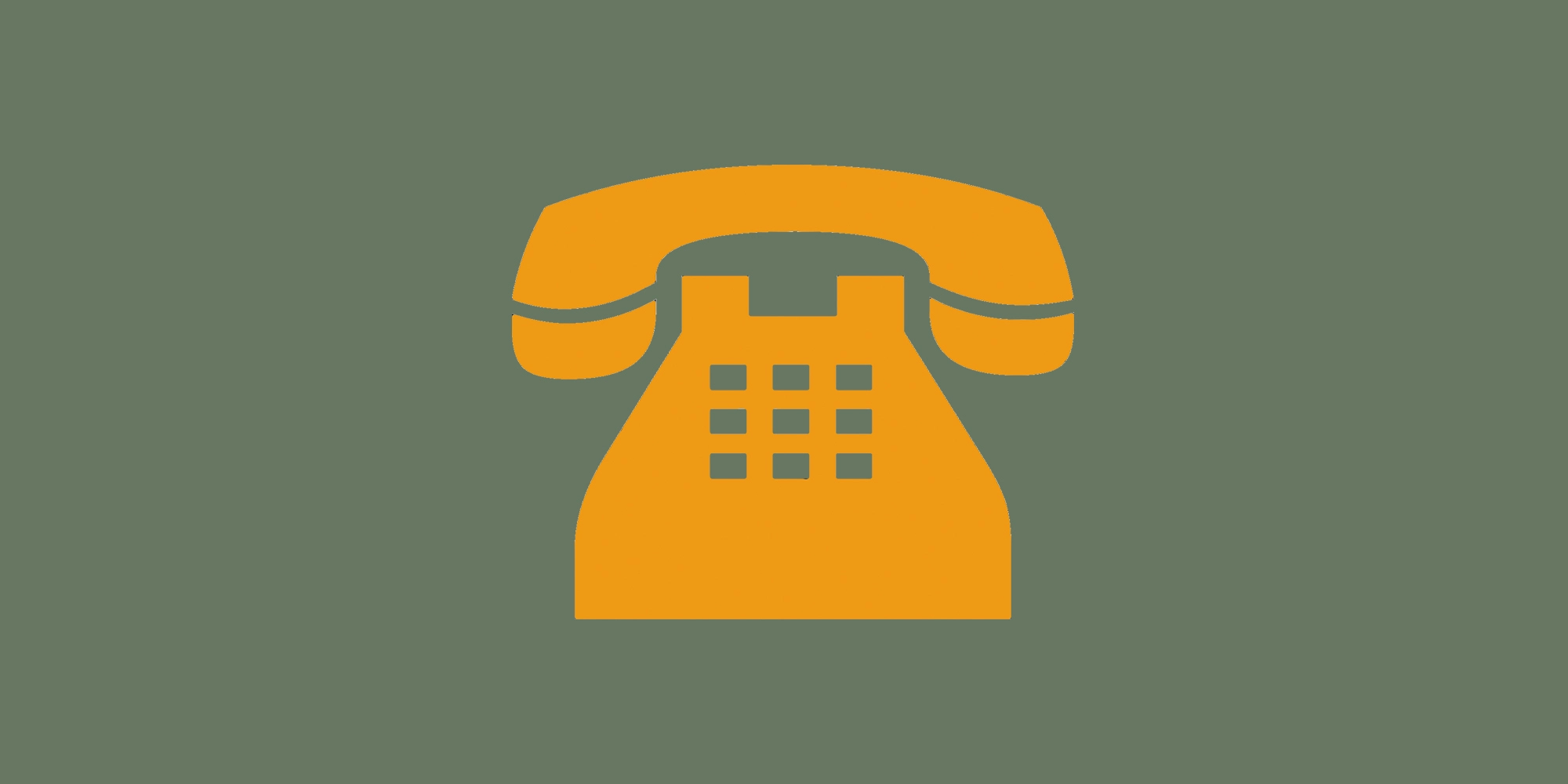
We would all like to be judged on merit alone, but that’s not how the world works.
Here’s one example: in a job interview, we should be judged only on our fitness for the role. But, in reality, we are judged on our appearance, our choice of words in an introductory email, our small talk prowess - and the interviewer’s current mood.
As freelancers, this truth takes another form, one we would like to ignore, but oftentimes can’t:
Where you’re from matters.
It’s impossible to get conclusive data on this matter, but everything I’ve learned in 11 years of freelancing says clients are distinctly less likely to hire freelancers from certain countries and regions. This is not just my personal opinion - I’ve spoken to many other freelancers and many clients about it.
Luckily, there are some things you can do about it.
Accept reality
Good decisions start with an honest assessment of the situation.
Clients are less likely to hire you if you belong to a different culture from them. This is an uncomfortable truth but nearly every freelancer I’ve spoken to has experienced it one way or another. Humans are tribal animals and it shows.
Don’t take this as a convenient excuse. Take it for what it is: an uneven playing field that will never be perfectly level. Then you level it as far as possible.
Remove the language barrier
Every culture has a particular style of communication and it all starts with language.
Unless your English is native-level, there are few higher impact things you can do than improve it. A major part of the reservations US-based clients have about foreign freelancers is the language barrier. Even if you write decent English, you should work on perfecting your spoken English.
If you can pique their interest in a cover letter, you should be able to wow them on a call. Not just get your point across. Wow them. Make them feel like fools for ever doubting you. That way, you will do other freelancers from your country a favor as well.
Start a US-based LLC
What do you think is a more trustworthy entity?
- “Pro Design LLC” based in Delaware, USA
- “Pro Design D.O.O.” based in Bijelo Polje, Montenegro
US-based clients trust US-based agencies. Of course they do - the US system is reliable, robust, and familiar. Payment options are plentiful, accounting is simple, there’s no currency conversion, and no international transfer fees.
Thus, having an entity in the US removes a lot of obstacles for US-based clients. It also builds trust regardless of whether the owners are not US citizens. It’s very simple to start an LLC in Delaware - all you need is a few hundred dollars and a free bank account from Wise.
I have an entity in the US that I use for my writing business. Through it, I handle invoicing, I get tax refunds, I hire an accountant (he only needs about 15 work hours per year), and I build trust.
Build a personal brand
A trustworthy company is valuable from an operational perspective, but being trustworthy on a personal level is crucial.
If you’re ever gonna get a chance to shine, your first impression must be strong enough to power through any negative assumptions the client might have about you. This is where a personal brand comes in.
Whether you use a platform like Upwork to find clients or you do cold outreach or you create content with the intention of attracting leads (or all three, which I recommend), prospective clients will make assumptions about you within seconds.
Your personal brand must be:
- Consistent: same colors, same fonts, same style of communication.
- Professional: professional photos everywhere, professionally done website, professional portfolio (if applicable).
- Unique: invite leads to come to you by being open, sharing your perspective, and being honest.

Address time zone issues
Sometimes, the client’s reservations are far more banal: they are worried that a time difference will prove to be a problem in communication. Often, they’re right - I’ve found that having an overlap in working hours is very important for the smooth progress of a project, especially if the team works in short iterations.
It’s a good idea to address this issue from the start:
- Lay out a plan to overcome time zone differences, whether by shifting work hours around, creating an urgency-only line of communication, or organizing the team in an async way.
- Focus on the positives: less overlap means fewer distractions and more deep work.
Adapt and grow
You can’t grow if you don’t adapt. You can’t adapt if you don’t accept reality.
There's only so much money to be made in your  Should You Use Local Outreach To Find Freelance Clients: Pros and Conslocal freelance market. You must outgrow your town, or city, or country, or even region.
Should You Use Local Outreach To Find Freelance Clients: Pros and Conslocal freelance market. You must outgrow your town, or city, or country, or even region.
Never let yourself get offended. If someone discriminates against you, it’s their loss. Focus on succeeding. List all the ways you can improve your chances next time. If you succumb to self-pity, the game is lost.
Don't miss the next blog post!
I publish a new blog post every Wednesday. Join the newsletter to get:
- One valuable email a week.
- Zero spam.
- Exclusive content not found in the blog.
- Reply directly to me with questions or feedback.
Use the form at the bottom of this pageon the right to join the newsletter.


